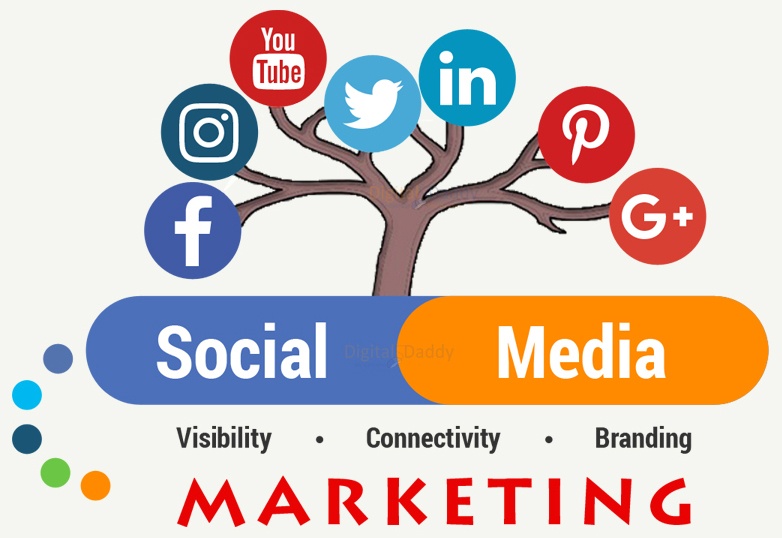Societal Influence: Increasing Brand Recognition By means of Digital Engagement
Within the current rapid online landscape, the intersection of societal influence and brand awareness is becoming important for businesses. As organizations strive to engage with their audiences on a deeper basis, leveraging digital engagement strategies has proven to be an successful approach. This shift in marketing is not just about promoting goods but also about fostering significant connections that resonate with consumers’ values and beliefs.
A brand marketing agency holds a crucial function in helping businesses maneuver through this ever-changing environment. By employing creative social media marketing techniques, these agencies can boost brand exposure and create genuine relationships with target audiences. As companies embrace their social responsibility and engage in discussions that matter, they are not only generating revenue; they are also developing a loyal community of advocates who are passionate about making a positive difference.
The Role of Social Media in Brand Awareness
Social media has become a foundation of brand awareness in today's digital landscape. With millions of users active on sites like Meta, IG, X, and LinkedIn, brands find exceptional opportunities to connect with potential customers where they spend a significant amount of their attention. Our Own Brand allows companies to showcase their products, share their beliefs, and create engaging content that resonates with users, making social media an crucial tool for brand marketing.

Effective engagement on social media can lead to higher visibility and recognition. Brands can make use of user-generated content, influencer-based partnerships, and participatory campaigns to enhance their messages. By encouraging shares, likes, and comments, businesses can create a wave that expands their reach beyond their own followers. Content that encourages user interaction often leads to organic growth, allowing a brand to tap into new demographics and markets that may not have been accessible through conventional advertising approaches.
Furthermore, social media platforms provide brands with valuable insights into customer preferences and behaviors. Tools offered by these platforms enable companies to examine engagement metrics and comprehend what content resonates most with their audience. Such data can shape marketing strategies, allowing brands to enhance their approach and cultivate deeper connections with consumers. By acting on these insights, a brand marketing agency can create personalized campaigns that enhance brand awareness and foster loyalty among followers.
Strategies for Effective Online Engagement
To enhance brand awareness through digital interaction, it is crucial to utilize multiple social networking channels. Each platform has its unique demographic and set of capabilities that can be utilized for maximum impact. For example, image-based channels like Insta and Pinterest are well-suited for brands that depend on visuals to attract the attention of prospective customers. By creating eye-catching content, brands can draw audience in, encouraging sharing and engagements that can significantly broaden their audience.
Another effective strategy is to connect personally with consumers through engaging content. This can include from surveys and quizzes to real-time Q&A sessions. Such activities create an chance for companies to connect with consumers on a more personal level, building a sense of community around the brand. By making audience feel included, brands can cultivate loyalty and encourage referral advertising, which is priceless in today’s online landscape.
Lastly, collaborating with key opinion leaders and utilizing customer-created content can enhance product messaging. Key opinion leaders can provide access to active followers that trust their opinions and advice. By working together with these people, brands can produce authentic content that connects strongly with prospective customers. Additionally, showcasing user-generated content not only highlights customer appreciation but also serves as social proof, showcasing real stories that can convert undecided buyers into loyal customers.
Measuring Social Impact and Brand Growth
To effectively assess the impact of digital marketing on brand awareness, businesses should establish definitive metrics aligned with their objectives. Key performance indicatorss such as interaction levels, follower growth, and website traffic can offer valuable insights. By monitoring these indicators over time, a marketing firm can spot patterns and make data-driven adjustments to improve digital engagement strategies.
Another important aspect of assessing social influence is grasping the emotions surrounding the brand. Listening platforms can help companies measure public perception by reviewing feedback, interactions, and ratings across various platforms. This subjective data enhances quantitative metrics and allows companies to tackle customer issues and capitalize on positive responses, further improving their visibility and reputation.
Finally, the ROI (ROI) from digital marketing initiatives is crucial for validating expenditure and planning future initiatives. By comparing the costs of social media marketing efforts with the subsequent growth in sales and client gain, brands can confirm they are maximizing their budgets. A marketing firm can assist in this evaluation, offering thorough analyses that illustrate not just growth in numbers, but also the total social impact of brand interaction efforts.